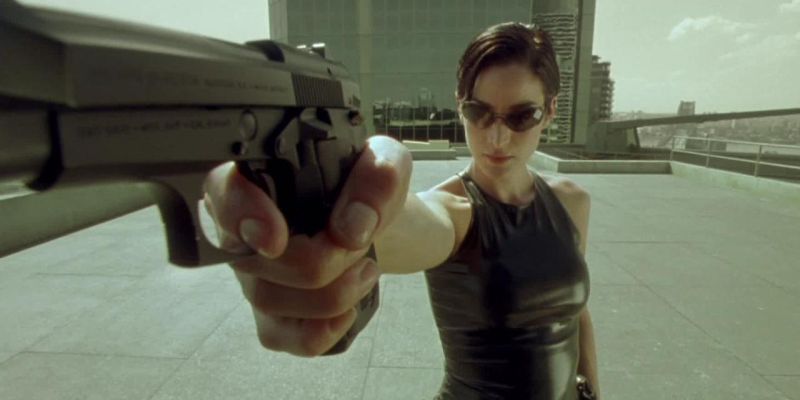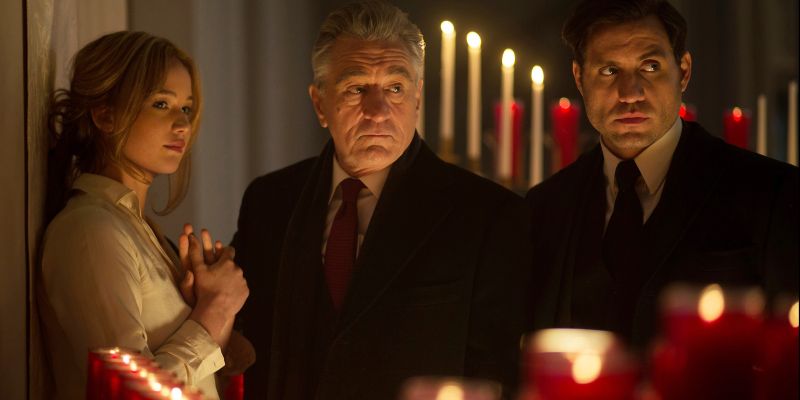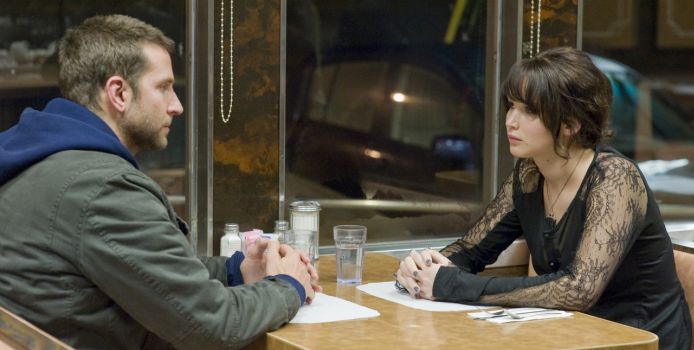Jennifer Lawrence
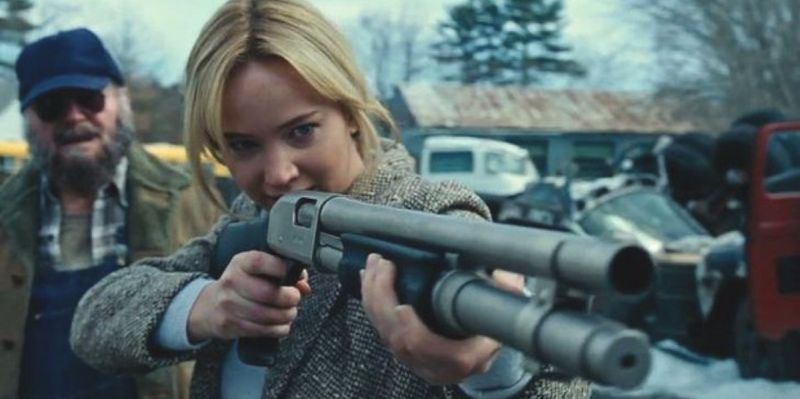
Even though he has recently made a switch from being a controversially quirky indie darling to a critically adored awards favourite, David O. Russell’s storytelling obsessions have always been the same. He has always been drawn to stories about dysfunctional families and the things that either drive them apart, or bind them closer together, varying from extreme to extreme.
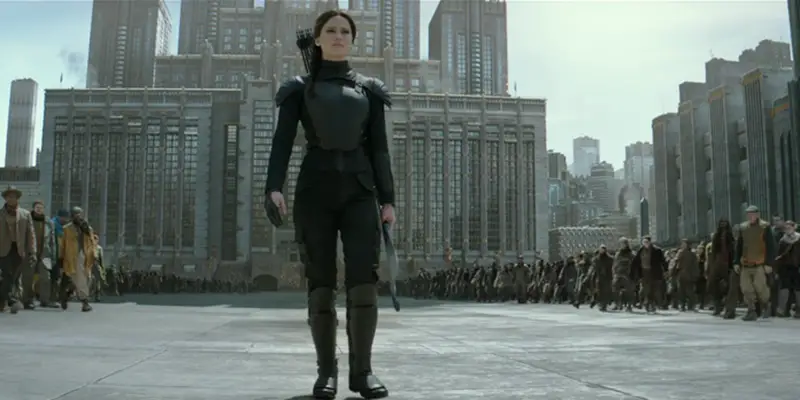
Although initially derided as nothing more than a rip-off of similar dystopian novels (and their subsequent film adaptations) The Running Man and Battle Royale, author Suzanne Collins saw her book series become increasingly popular due to how it tied in with the contemporary societal fear of graphic violence co-existing with inane entertainment. Collins devised the idea for her original 2008 novel whilst at home channel-surfing, with the image of a bleak reality showcased by war reports on news channels making an uneasy bedfellow with the artificial reality of TV talent competitions. A dystopian fantasy that now closely resembles our reality As the adaptation of the final chapters in Collins’ trilogy closer Mockingjay Part 2 makes its way to the big screen, it is less than a week after the world was left horrified by images of terrorism in Paris.
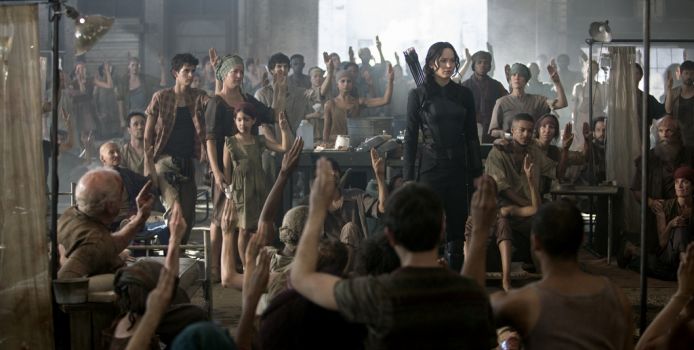
As much as I love movies, I’m completely against the franchise bandwagon. Every time I hear about a movie I love having a successful opening weekend at the box office I get a sense of impending dread that they are going to ruin my memories of it with a plethora of inferior sequels. Even though I grew up on the Harry Potter and Lord of the Rings franchises, both the books and the films, I’m not feeling nostalgia so much as cynicism whenever a prequel is announced or released.


